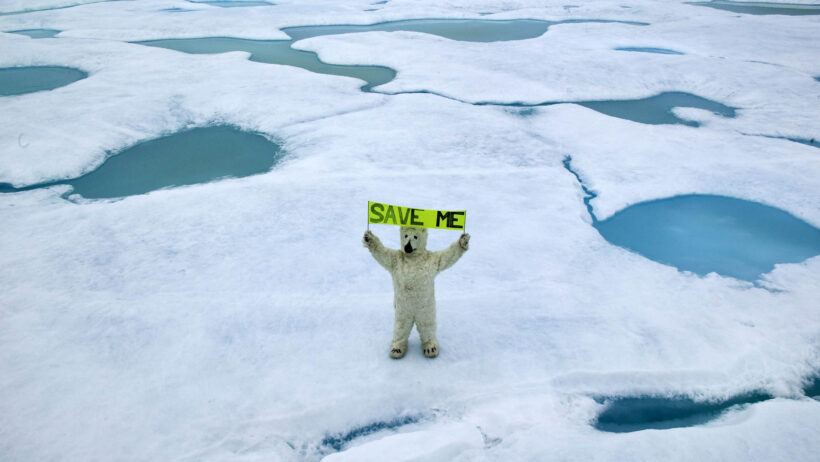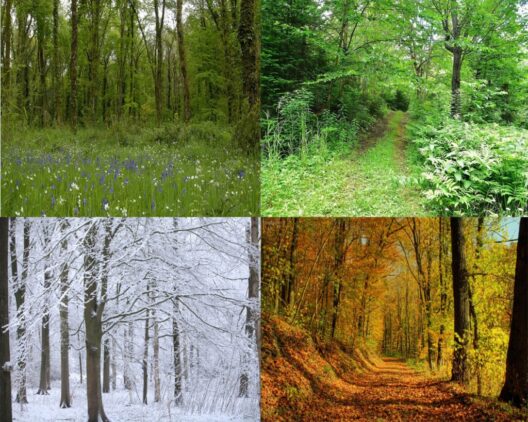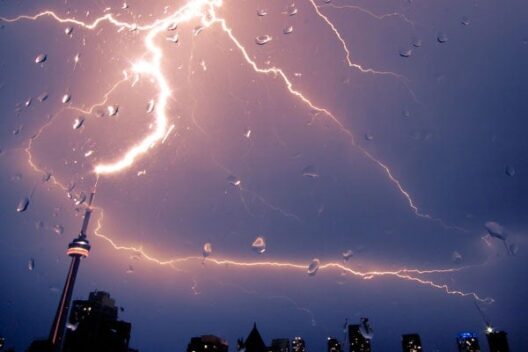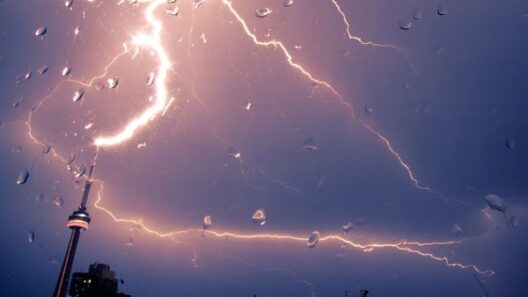As the sun ascends in an acrid sky, heating the Earth, an acidulous tension builds among its inhabitants. Global warming serves as the crucible that melds our everyday realities with the stark implications of climate change. It draws upon our collective anxieties like a maestro orchestrating an emotionally charged symphony. The increasing temperature of our planet does more than simply alter weather patterns; it awakens a deep-seated public concern that cascades through communities, legislation, and cultures.
The relationship between global warming and public awareness resembles a dance on a tightrope. As temperatures rise, public concern often follows suit in an intricate rhythm. The connection is not merely superficial; it is intrinsic and pivotal. High-profile weather events become the new folk tales that echo through society, forming an emotional tapestry. These narratives, amplified by modern media, thrust climate change into the limelight, thereby forging a communal consciousness.
At its core, global warming disrupts the symbiotic relationship between humanity and the environment. It is as if the delicate threads of a spider’s web are being severed, leaving fragility in the wake of significant environmental events. For instance, wildfires, floods, and hurricanes have become the inadvertent catalysts of a growing awakening. Witnessing these phenomena—images of charred forests or flooded cities—sparks visceral reactions that traverse the realm of intellectual understanding and delve into emotional awakening. The human brain is wired to respond to sensational stimuli; thus, catastrophic events often unleash a deluge of outrage and concern.
Moreover, ecological upheaval culminates in the proliferation of scientific data, creating a dual effect: the urgency to act and the inertia of despair. Reports presented by climatologists—full of alarming statistics and predictive models—paint an ominous portrait of our potential future. As the Greenland ice sheet thins, and sea levels encroach upon coastal cities, the scientific narrative morphs from abstract numbers into palpable fears. Increased public awareness is stimulated, often leading to a collective, if sometimes overwhelming, plea for action. Alarmingly, however, the paradox emerges when the sheer scale of the crisis leads to a sense of helplessness. It is a bittersweet pill to swallow; knowledge invokes fear but can also thwart initiative.
The dialogues surrounding climate change are further complicated by political discourse. The politicization of global warming is akin to a double-edged sword. On one edge, political leaders who advocate for environmental stewardship can galvanize public sentiment, uniting communities under a shared agenda. These figures can become modern-day heroes, embodying the crusade against climate inertia. On the opposite edge, skepticism towards climate science, often fueled by misinformation campaigns, breeds division. Such fragmentation can stall legislative action, turning what should be a united front into a cacophony of discord. The philosophical question lingers: how can humanity unite in the face of a common adversary when our perceptions are fractured?
In parallel, the discourse surrounding climate change often interacts with social justice issues. Marginalized communities are disproportionally impacted by the manifestations of global warming; indeed, it acts as an omnipresent specter stalking the vulnerable. This intersection catalyzes ethical concerns and elevates public awareness. Advocacy for environmental equity demands that society confront uncomfortable truths: the burden of climate change is not evenly distributed. Such realizations serve to intensify public concern, becoming a rallying cry for grassroots movements striving for systemic change.
Moreover, the role of youth in this complex interplay cannot be overstated. Young activists, emboldened by the stark realities they inherit, emerge as potent agents of change. They wield social media like a sword, cutting through complacency and fostering a global dialogue. The narratives they create reflect an intrinsic urgency, igniting passion and mobilizing forces that transcend generational boundaries. This dynamic serves as an intriguing metaphor for societal evolution; as the torch of responsibility is passed to the younger demographic, a new chapter in climate advocacy unfolds. The intergenerational discourse over climate change is a richly textured dialogue, blending experiences, wisdom, and hope.
Interestingly, as public concern escalates, so does the potential for innovative solutions. The flourishing landscape of green technology and sustainable practices is a silver lining amidst the storm clouds of global warming. Public awareness leads to increased demand for sustainable alternatives, fostering an ecosystem rich in creativity and collaboration. One might liken this to a phoenix rising from the ashes; as despair catalyzes action, the marketplace for green solutions flourishes. Initiatives such as renewable energy projects, plant-based diets, and sustainable urban planning emerge as beacons of hope, showcasing the human capacity to adapt and innovate.
Finally, the proverbial tide is shifting. As more individuals confront the implications of global warming and climate change, their voices resonate with increasing strength. Access to information through digital platforms promotes a more informed populace, empowering citizens to advocate for change. This metamorphosis of public concern, while tumultuous, brings forth a robust dialogue rooted in both fear and hope. The interplay between global warming and public sentiment reflects a collective journey—a shared odyssey toward understanding, resilience, and action.
In conclusion, while global warming is undoubtedly a formidable beast, it can unleash a torrent of public concern capable of sparking profound transformation. It is this transformation—the burgeoning awareness, heartfelt advocacy, and relentless pursuit of solutions—that may ultimately define our era in the face of a warming world. The journey ahead is fraught with challenges, yet it beckons us with the promise of renewed vigor and communal solidarity. Awareness is not merely an end; it is the fertile soil from which lasting change can grow.








